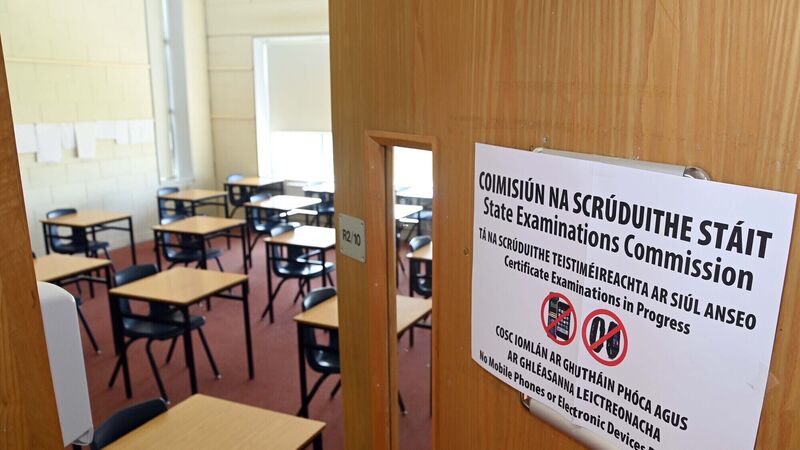Second-level students with dyslexia need extra time in exams, warns advocacy group

'Providing extra time isn't an advantage; it's a necessary accommodation that allows these students to demonstrate their knowledge without the barrier of time pressure.'
With October marking Dyslexia Awareness Month, an advocacy group has repeated its calls for extra times in Junior Cycle and Leaving Cert exams for young people who are dyslexic, dyscalculic or neurodivergent.
Despite some progresses, the State Examinations Commission (SEC) has not yet formally confirmed any changes to the Reasonable Accommodations at Certificate Examinations (RACE) Scheme for 2026.













